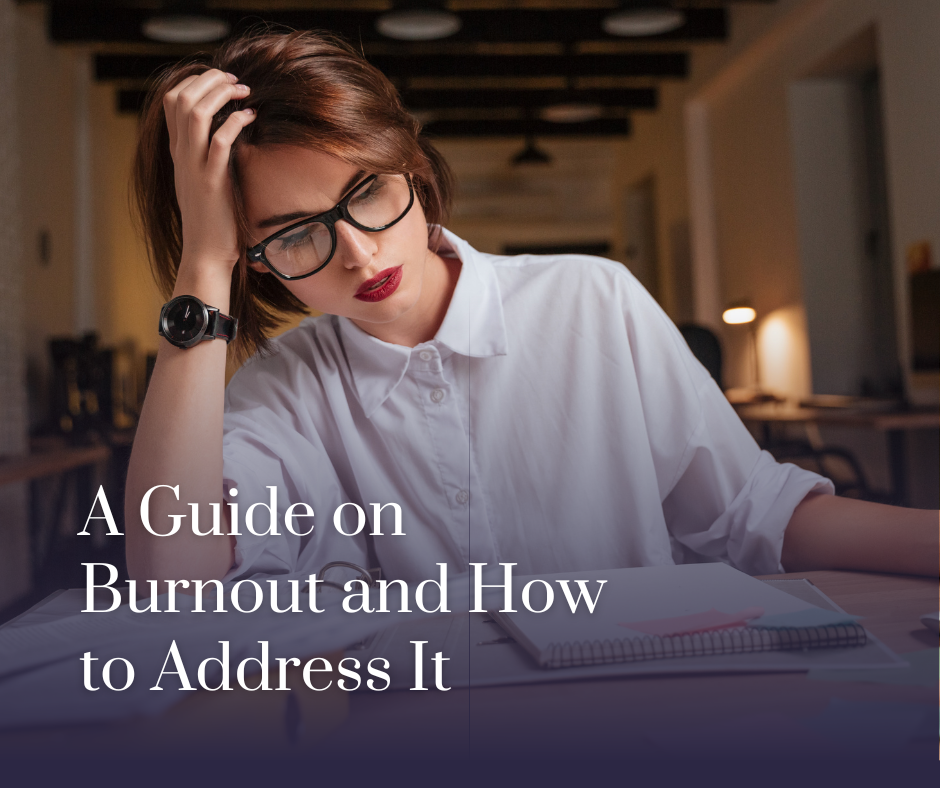

Burnout is a state of physical and emotional exhaustion that comes from chronic stress in the workplace or other settings. It can affect anybody regardless of their job, and can have grave consequences for physical and mental health. If you are experiencing burnout, it is important to recognize the symptoms and take steps to address them.
Symptoms of Burnout
Here are some signs that you may be suffering from burnout.
1. Chronic Fatigue
Burnout can leave you physically and emotionally drained, even after a full night’s sleep. You may feel exhausted all the time and have difficulty finding the energy to complete even simple tasks.
2. Lack of Motivation
Burnout can make you lose interest in the activities you once enjoyed. You may feel like you’re going through the motions at work, and have little enthusiasm for hobbies or social activities outside of work.
3. Decreased Productivity
Burnout can make it difficult to focus and concentrate. You may find that you are making mistakes or forgetting important details, and your productivity may suffer as a result.
4. Increased Cynicism and Negativity
Burnout can cause you to develop a negative attitude towards work, coworkers, and even yourself. You may feel more cynical and critical than usual, and find it difficult to see the positive aspects of your job or your life in general.
5. Physical Symptoms
Burnout can also display physical symptoms, such as headaches, stomachaches, and muscle pain. You may also experience changes in appetite or sleep patterns and may be more prone to illnesses and infections.
How to Fix Burnout
If you are experiencing any of these symptoms, it is important to take action to address your burnout. Here are some steps you can take:
1. Take Time Off
If possible, take some time off from work to rest and recharge. This can help you regain perspective and energy, and may be necessary to prevent further burnout.
2. Seek Support
Talk to loving friends, family, or a mental health professional about your feelings and experiences. It can be helpful to get an outside perspective and to have someone to support you as you navigate your burnout.
3. Make Changes at Work
Consider talking to your supervisor or perhaps the HR department about making changes to your work environment or workload. This could include taking on different responsibilities, setting boundaries around work hours, or finding ways to reduce stress and increase support.
4. Practice Self-Care
Make time for activities that you love to do and that help you feel relaxed and rejuvenated. This could include exercise, meditation, reading, or spending time with loved ones.
5. Set Realistic Goals
It’s critical to set realistic goals for yourself, both at work and in your personal life. Try to prioritize tasks and activities that are most important, and let go of those that are less essential.
Conclusion
In conclusion, burnout is a grave condition that can have huge consequences for physical and mental health. If you are experiencing symptoms of burnout, it is important to take action to address the problem. By taking time off, seeking support, making changes at work, practicing self-care, and setting realistic goals, you can help minimize getting burned out and maintain your well-being.

